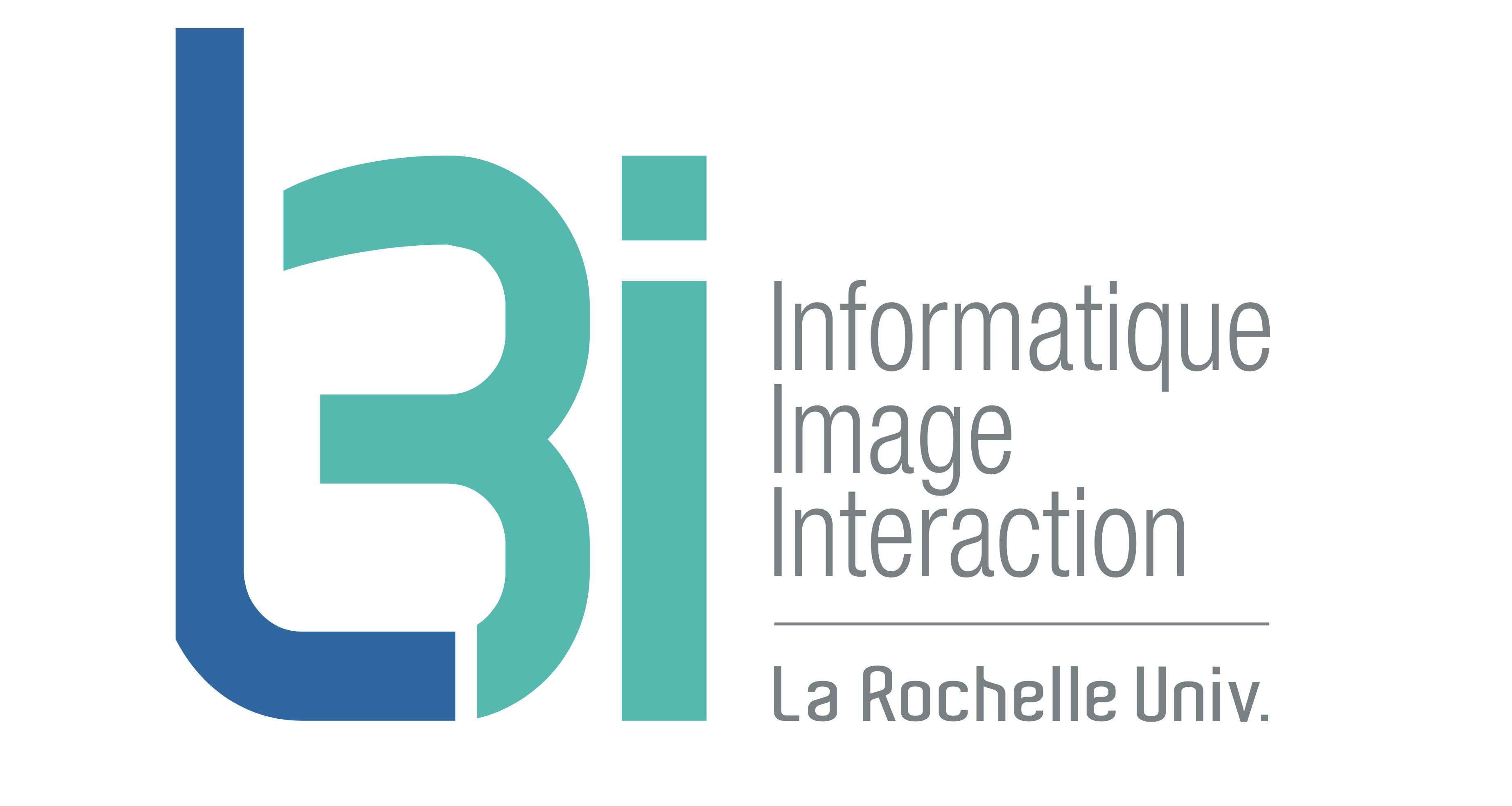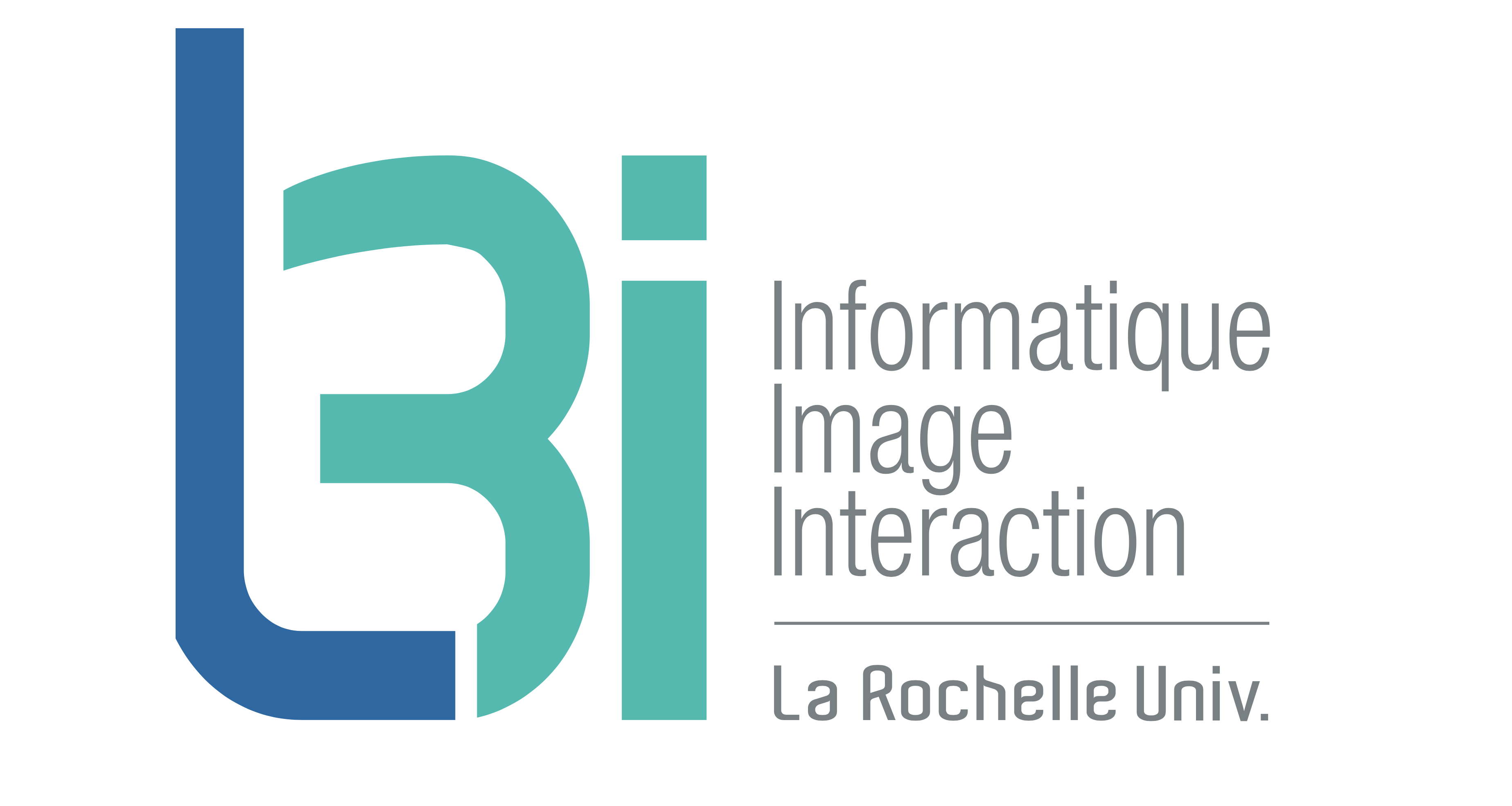Équipe Dynamique des Système et adaptivité (eAdapt) : JOUDIEH Noura
Doctorante
Publié le
ID HAL: noura-joudieh
Equipe de recherche de
rattachement
Dynamique des Systèmes et Adaptativité (eAdapt)
Thématiques de recherche : My research focuses on process mining to recommend personalized adaptive learning paths, ensuring an optimal educational experience tailored to learners’ specific objectives. A key aspect of this work is transforming learner traces into actionable insights by enriching raw logs into pedagogically relevant, process-mining-ready event logs, with a particular focus on Moodle data. These enriched logs serve as the foundation for identifying learner profiles through trace clustering and process discovery, offering a structured view of learning behaviors. To support this framework, ontologies are used to build a knowledge base that enhances the representation and organization of learning data. Another essential component is the design of learner profiles and adaptive learning paths, ensuring that recommendations align with individual progress and learning needs.
Points forts des activités de recherche : My research in Technology-Enhanced Learning (TEL) began with the development of a serious game for SQL learning, implemented in Unity to facilitate SQL syntax acquisition. Driven by my interest in education, I later studied factors affecting academic freedom in higher education, developing a machine learning solution to dynamically identify these factors using Lebanon as a case study. Continuing in E-learning, I worked on Virtual Learning Environments (VLEs), integrating ML techniques to improve gesture-based learning evaluations. My research focused on automating the placement of 3D checkpoints in VLEs to analyze learner movements and provide structured evaluation mechanisms for teachers. As my doctoral research progressed, I focused on enhancing learning experiences by extracting educational insights from learners' online traces in digital learning environments using process mining to recommend adaptive learning paths.
A key contribution of my research is the development of Moodle2EventLog and Trace4PM, two tools designed to study user behavior in educational systems. Moodle2EventLog preprocesses, cleans, and semantically enriches raw Moodle logs, transforming them into process-analysis-ready event logs. By improving the structure and interpretability of Moodle data, it enables better learning analytics and process discovery, facilitating the analysis of student behaviors and learning sequences. Meanwhile, Trace4PM automates the entire process of modeling user behavior in information systems, covering stages from parsing and tagging to enrichment, trace clustering, and process discovery. It integrates state-of-the-art methods at each stage into a pipeline that automates the process, providing flexible method selection.
The development of these tools was driven by the broader objective of recommending personalized learning paths using process mining and ontologies. Moodle2EventLog ensures learning traces are pedagogically relevant and ready for process discovery, while Trace4PM streamlines user behavior modeling. Trace clustering is central to this research, grouping learners based on patterns in their learning behaviors. These profiles serve as the foundation for adaptive learning path recommendations, ensuring dynamically tailored learning experiences. Throughout this work, Moodle data has been a key focus, with my contributions improving educational data quality and insights.
In pursuit of this research, I have collaborated with international institutions. At Frederick University, a partner in EU-CONEXUS, I collected Moodle data to validate my learning path recommendation framework using process mining, leading to a publication. Additionally, I was awarded a scholarship for a research stay at RWTH Aachen, working at the Process and Data Science Lab (PADS) under Prof. Wil van der Aalst, a pioneer in process mining. This collaboration resulted in the Moodle2EventLog publication, demonstrating how semantic enrichment of Moodle logs supports educational analytics. My research continues to evolve through ongoing collaborations with EU-CONEXUS and other universities, further expanding its interdisciplinary impact.
Looking ahead, I remain interested in how AI is shaping education and how AI-driven techniques can improve learner profiling, engagement, and adaptability. While my research has contributed to personalized learning and process mining, I aim to further explore learner behavior and the factors influencing success in digital education. My ultimate goal is to create adaptive, efficient, and data-driven learning environments that respond to individual learners' needs.


